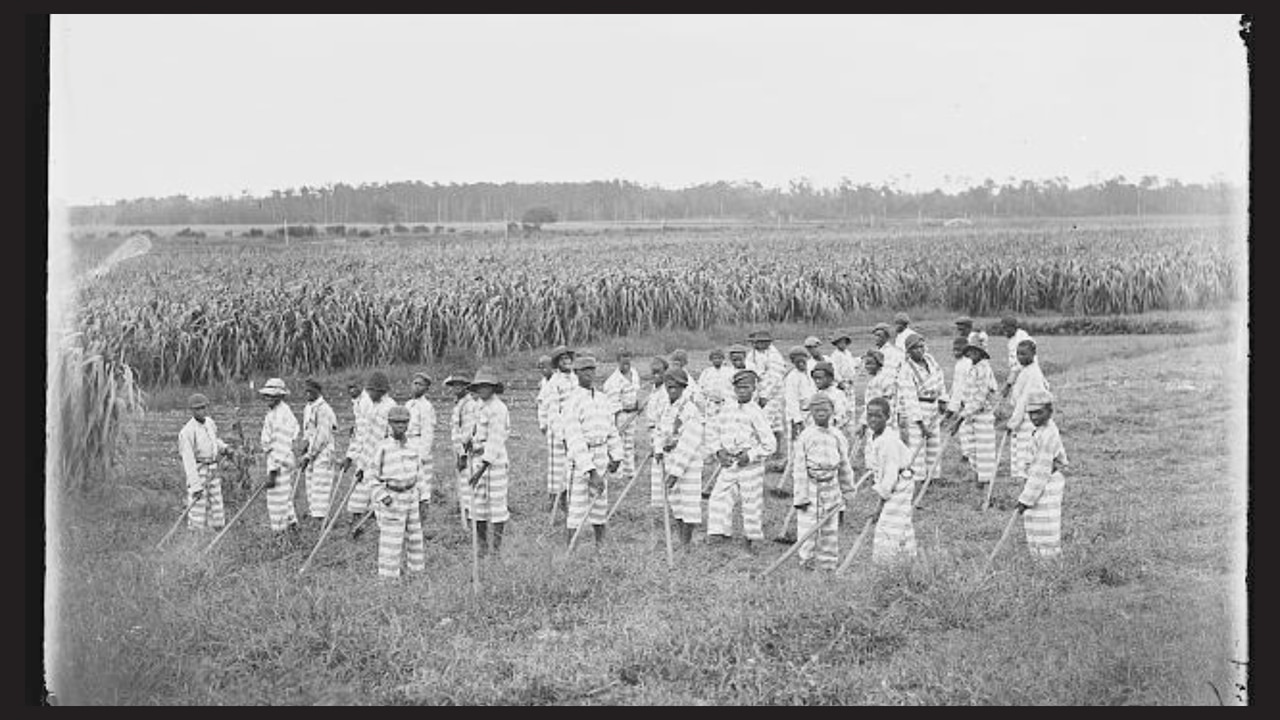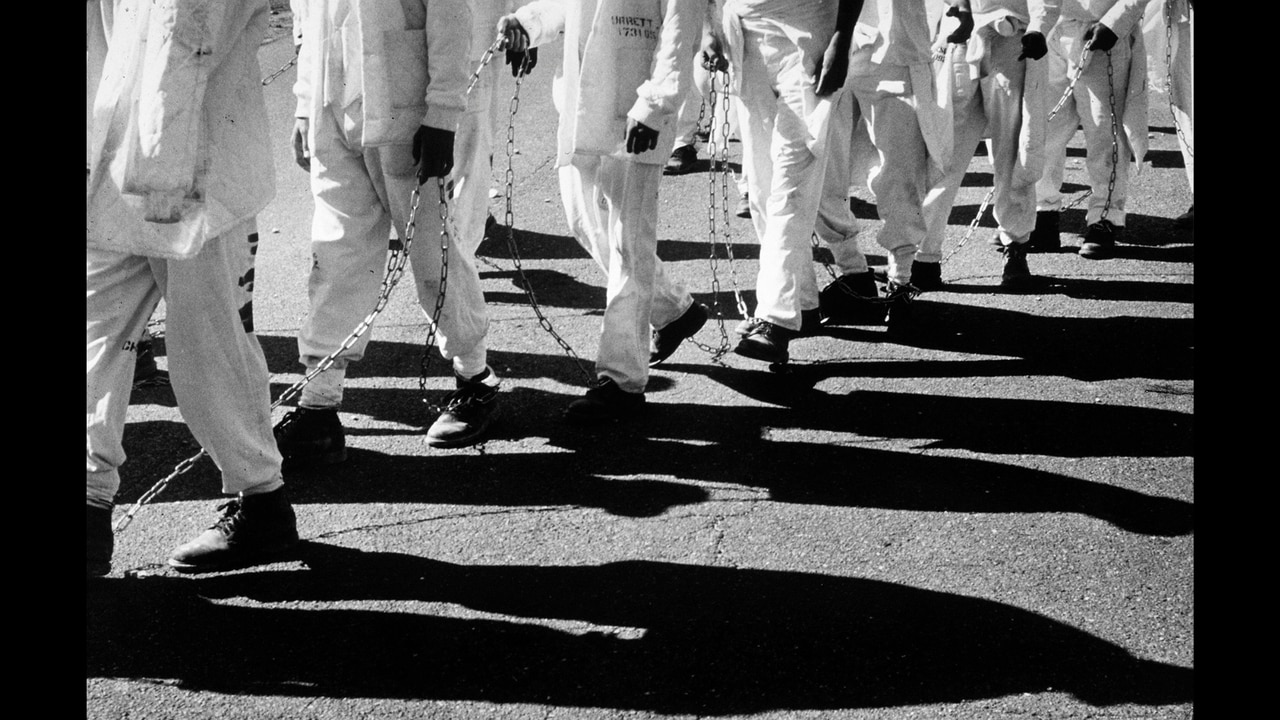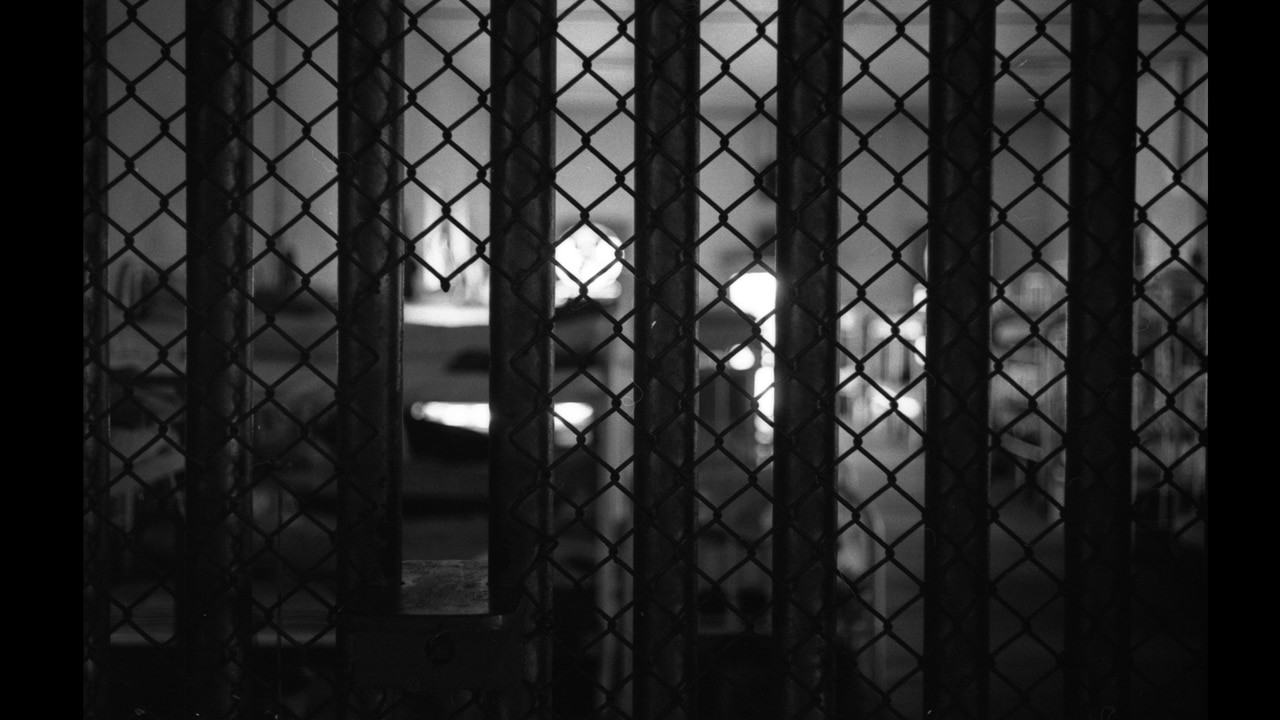A ghost story and a guide to the prison industrial complex
Haunted may be too cliche of a description to give the state of Mississippi. But the ghosts here—you can feel them. Feel them like the weighty heat of the summer. At the one-room school your stepfather’s mother points out every time you pass it on the way to church. In the halls of your middle school that dropped “colored” a few decades before you got there. We know ghosts and where they dwell too well. This is part of the story Jesmyn Ward attempts to tell in “Sing, Unburied, Sing.”
The novel is guided by the voices of 13-year-old Jojo, his mother Leonie who is addicted to drugs and Richie, the ghost boy. When Jojo’s white father, Michael, is set to be released from Parchman prison, Leonie takes him, his baby sister Kayla along with Leonie’s friend Misty on a road trip to pick him up. When they finally make it to Parchman, they don’t leave with just Michael. Richie, the ghost boy, joins them on their tumultuous trip back home.
The novel is a ghost story. Ghosts in the literal sense and also ghosts as a metaphor for pain. Ghosts that haunt our families through generations. Ghosts we inherit.
View through prison bars of dormitory bunks at Mississippi State Penitentiary (or Parchman Farm), Mississippi, 1964.
The institution that undergirds the entire story is Parchman Farm, Mississippi’s oldest prison that, from its origins in 1901, was modeled after antebellum slave plantations. This included punishment in the form of lashings with a leather strap notoriously known as “Black Annie,” and a system of trusty shooters who served as overseers of the other prisoners.
Parchman was a death trap for its majority Black prisoner population. Ward did not shy away from that in her story that, although fictional, displays the violent legacy of Mississippi’s penal system. The presence of the restless ghost boy, Richie, is indicative of that. Richie was brought to Parchman at just 12-years-old for stealing food to feed his nine siblings. It is at Parchman where he endured unimaginable brutality and where he would breathe his last breath.
Richie, the ghost boy, is not a metaphor.

Juvenile convicts at work in the fields, c1903.
When convict leasing, a system of prison labor in the southern United States that was implemented as a remedy to emancipation, “prisoners” included children sometimes as young as six or seven who were leased as cheap labor for private businesses. There was no limit to this system that was emulated by prisons across the south, like Parchman. It was only about Black labor and profit. It was slavery reimagined.
Just over fifty years ago, Parchman’s Black inmates filed a lawsuit alleging abuse, inhumane conditions and discrimination. Unfortunately, not much has changed. Just as it was a death trap from the very beginning, it remains that way. In 2020, the Mississippi Department of Corrections reported a record number of deaths among inmates with nearly half of them occurring at Parchman. This same year the United States saw an increase in prison deaths across the nation in comparison to the previous year.
We know that, just as slavery did for hundreds of years, the profits from prisons keep the wheels turning in this country. It’s no coincidence that we remain undefeated in having the highest prison population in the world. That’s our bread and butter.

Prisoners on a chain gang at Limestone Correctional Facility make their way to a work detail, 1995. Location: Harvest, Alabama, United States.
Ward’s novel is not just a sad story about poor Mississippians getting caught up in the criminal justice system. It is about the way the violence haunts us. And even as we attempt to run, it finds us once more at the end of a needle or pipe. It finds us in our dreams and the little whispers we hear in the trees.
“Sing, Unburied, Sing,” perhaps unintentionally so, is an abolitionist text. It peels back the layers of a haunted system. A cyclical curse of poverty, incarceration and despair. Ghosts that linger in our homes, that linger in vast fields of the Mississippi Delta, that linger in the trees whose roots hold the burnt embers of our ancestors’ stories.
